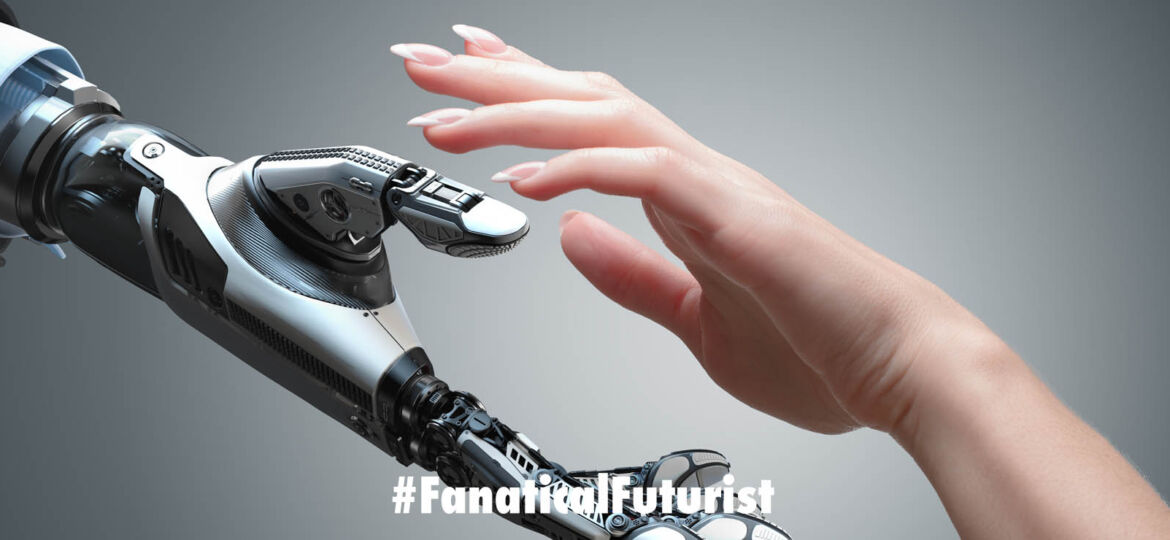
WHY THIS MATTERS IN BRIEF
We all know that many jobs can be automated in time, but few people are prepared for when it happens to them …
 Love the Exponential Future? Join our XPotential Community, future proof yourself with courses from XPotential University, read about exponential tech and trends, connect, watch a keynote, or browse my blog.
Love the Exponential Future? Join our XPotential Community, future proof yourself with courses from XPotential University, read about exponential tech and trends, connect, watch a keynote, or browse my blog.
Artificial Intelligence (AI) is coming to automate jobs they say. And they’re right – at least when it comes to IBM anyway after the company said they will stop hiring humans for roles that can be replaced by (AI in the next few years, CEO Arvind Krishna said in an interview with Bloomberg.
He said that out of the 26,000 IBM workers involved in backend operations 30% can be replaced by AI and automation in the next five years. IBM’s total workforce is reportedly close to 300,000.
Krishna said that the company has already paused or slowed new hiring in many back end functions such as human resources. However, the hiring for customer-facing operations is still going on. Krishna said that his company hired 7,000 people in the first quarter.
In January, IBM announced 3,900 layoffs after it missed its annual cash target. The layoff impacted employees in its subsidiary Kyndryl and AI unit Watson Health.
Several big tech firms have announced mass layoffs in the last 12 months due to the economic downturn which has impacted revenue growth. Meta has announced two rounds of layoff involving over 20,000 workers, while Google and Microsoft have announced 12,000 and 10,000 jobs cuts respectively.
Many industry executives in the past have expressed concerns over the impact of AI on jobs. In March, OpenAI CEO Sam Altman said in an interview that AI, if done right, will eliminate up to 80% of jobs.
Though many companies have replaced many of the repetitive jobs with automation already they are now beginning to consider AI as an alternative to even more complex human driven jobs. According to a February report by Gartner, by 2025, 30% of all marketing messages from large organisations will be synthetically generated as compared to 2% in 2022.
The shift can be attributed to the recent breakthrough in AI brought on by generative AI models such as GPT-4 and Google’s Language Model for Dialogue Applications (LaMDA). Many big firms have already announced plans to leverage them to improve their services and products.
Krishna took charge of IBM in April 2020. Under his leadership, the US-based company with operations in over 170 countries, has stepped up its focus on new technologies such as hybrid cloud, AI, quantum computing, and Blockchain, and there’s also been a shift towards products over consultancy.
















